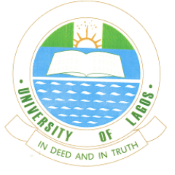Nurturing next-generation biomedical engineers in Africa: The impact of Innovators’ Summer Schools
DOI:
https://doi.org/10.15641/ghi.v3i2.1004Abstract
The mission of healthcare systems in Africa to deliver compassionate and effective care has been constrained by growing populations, increasing burden of disease, political conflict and limited resources. The impacts of these constraints can be substantially alleviated, and the healthcare services strengthened, through the creation and adoption of affordable, accessible and appropriate biomedical engineering systems and technologies. There is an urgent need for building capacities in biomedical engineering, innovation and entrepreneurship in African countries. The African Biomedical Engineering Consortium has been organising a series of Innovators’ Summer Schools to meet this need by empowering students and researchers with entrepreneurial and innovative skills, and facilitating the design and development of robust, appropriate, and commercially viable medical systems and devices. In this paper, we analyse and discuss the impact of six of these schools held between 2012 and 2017. We used a questionnaire-based survey to collect responses from students who had attended the summer schools. The results of this study demonstrate that the teaching-learning model adopted in the ABEC summer schools was largely effective in promoting biomedical engineering skills, career choices, professional networks and partnerships amongst young African engineers and life scientists who attended the summer schools.
Downloads
Additional Files
Published
How to Cite
Issue
Section
License
Global Health Innovation is an open access journal, and the authors (copyright owners) should be properly acknowledged when works are cited.





